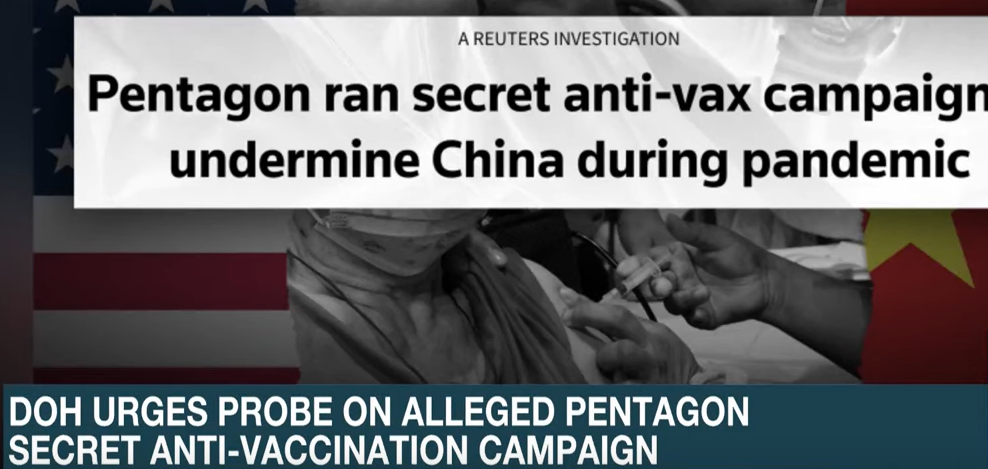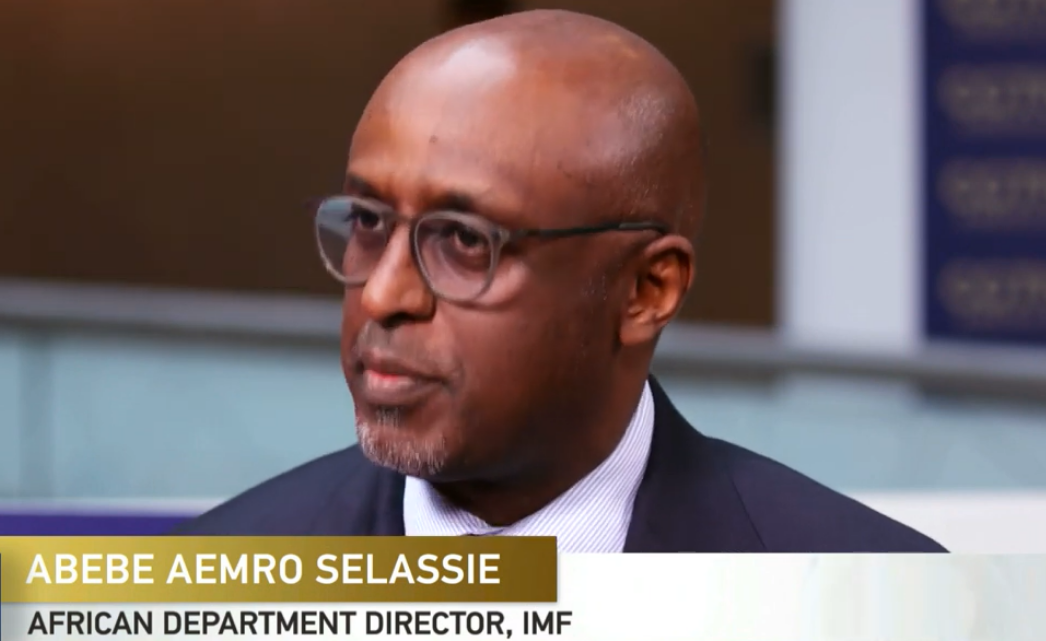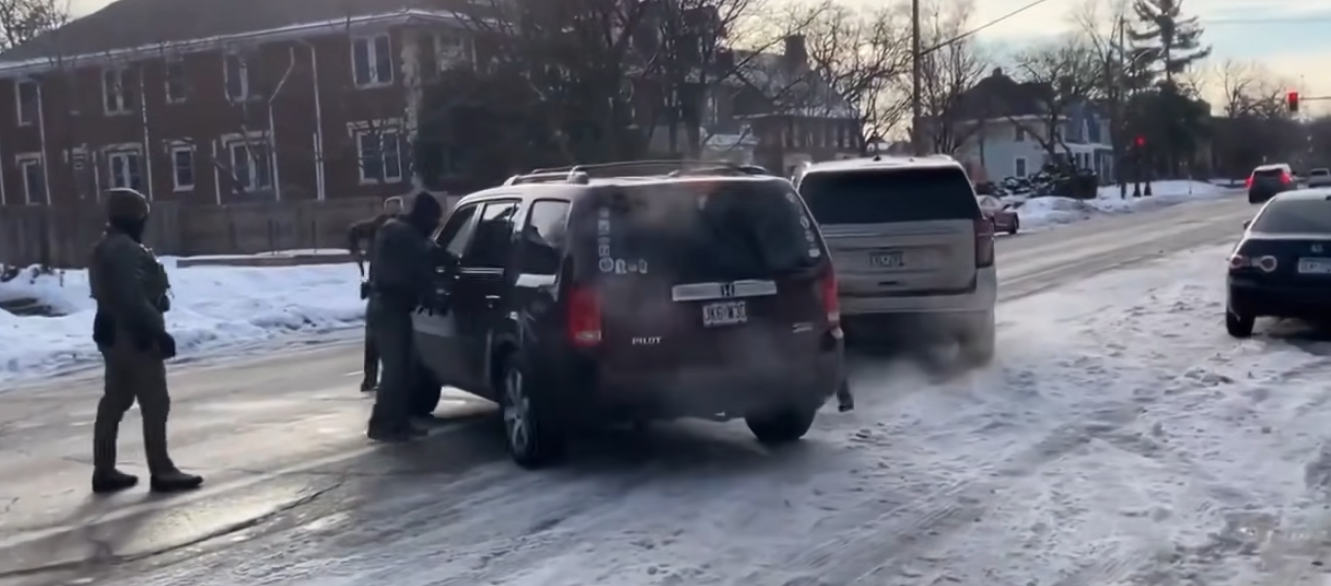By Derek Royden
Photos: YouTube Screenshots
On June 14th, Reuters broke a story so shocking that it should have been headline news in the United States and around the world. Admittedly, the investigative report entered a news cycle that’s been particularly full, even for a presidential election year but, as someone who spends hours reading the news every day, it surprised me that I didn’t see it until a follow-up piece was published a month later titled U.S. told Philippines it made ‘missteps’ in secret anti-vax propaganda effort.
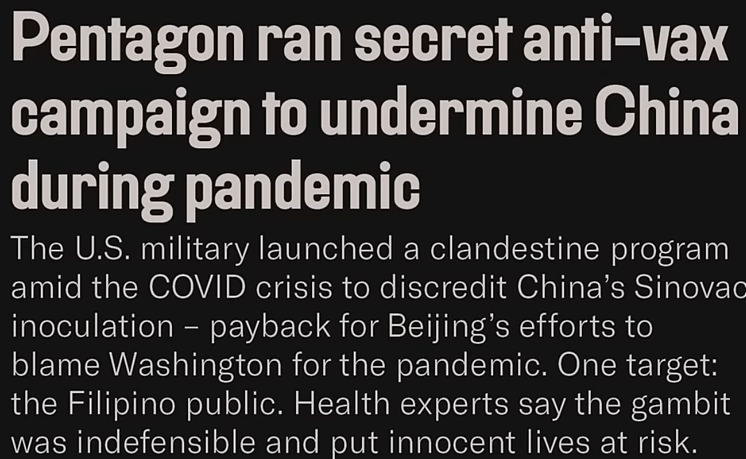
The story itself concerned a covert disinformation campaign waged by US special forces first targeting the Philippines and later expanding to southeast Asia, central Asia and the Middle East.The effort began in 2020 when the former US President was in office and continued into President Biden’s term, a demonstration of the bipartisan nature of much of American foreign policy regardless of who sits in the Oval office.
What the operation amounted to was an effort to spread disinformation about the effectiveness of the Chinese Sinovac vaccine and to a lesser extent, Personal Protection Equipment (PPE) being provided by the People’s Republic to other countries. It should be noted that Sinovac was the only vaccine available to the Philippines at the time as those developed in Western countries were withheld due to a mix of cost and hoarding.
The vaccine, though somewhat less effective than the Pfizer and other Western vaccines, was found to be 88 percent effective in preventing death from Covid 19 in a 2021 Malaysian study.

The disinformation about Sinovac was mainly spread by bots on social media and used the Tagalog hashtag #Chinaandvirus, which translates to “China is the virus.” This was a disgusting attack for many reasons, not the least of which was the spread of racist incidents targeting people of Chinese descent in many countries at that time.
One of the arguments made for the campaign was the claim that the People’s Republic was itself spreading disinformation of its own at the time that the United States military was responsible for the novel coronavirus and its spread, itself a reprehensible charge that was travelling far and wide.
At some point, the effort was also spread to the Muslim world, making the claim that the manufacture of Sinovac (and the Russian Sputnik 5 vaccine) contained pork gelatin and that this might be forbidden under Islamic law.

This isn’t the first time this century that vaccines have been weaponized by a U.S. agency with predictably tragic results. During the hunt for Osama Bin Laden, the CIA used DNA testing as part of a vaccination campaign in Pakistan to track him down while de-legitimizing such efforts in the region and putting those engaged in these efforts at risk over the longer term.
In 2020, as the world shut down, there was a moment when it seemed like the crisis provoked by the novel coronavirus might be an opportunity to work toward a truly global community as politicians, experts and the greater population saw the need for cooperation across borders with an understanding that, in a globalized world, limiting the danger in one place could limit potential harm to all.
Alas, old rivalries and enmity quickly made it clear that real cooperation, especially among great powers, wasn’t possible and that poorer countries would bear the brunt of this lack of foresight, first in terms of PPE and later vaccine access.
The beauty of science, medical and otherwise, is that it’s self-correcting over time as new information becomes available, something that seems to have been lost on many people who have fallen into conspiratorial rabbit holes after the collective trauma of the last few years.
Now we know that the U.S. military contributed to this sorry state of affairs. Emulating lies spread by Russia or China is not how the US makes friends or gains trust around the world.
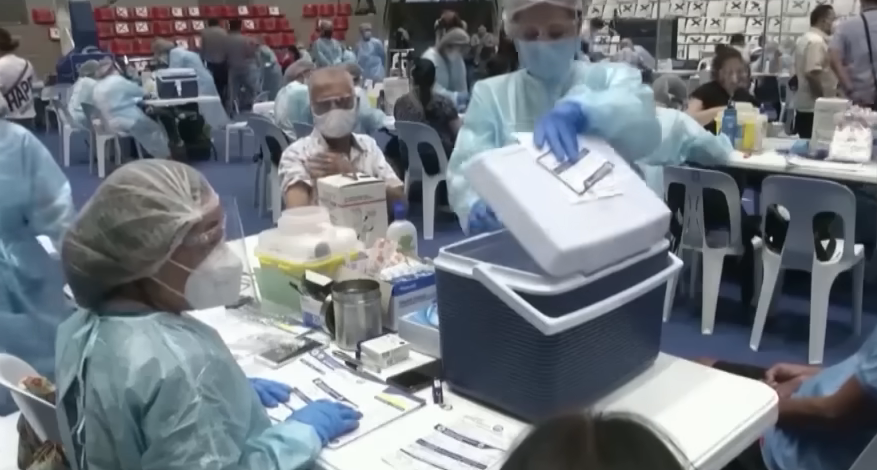
Derek Royden is a Canadian journalist.
